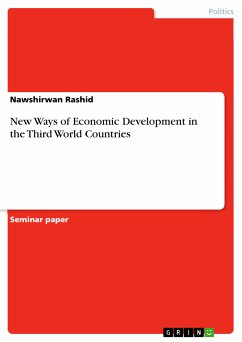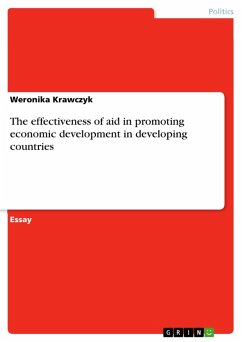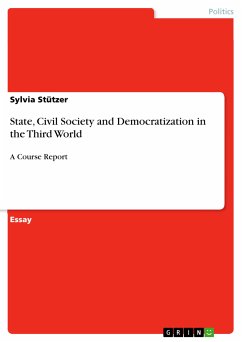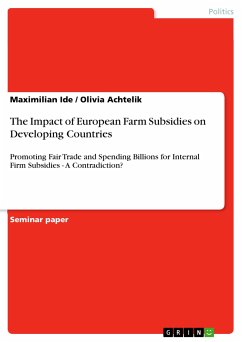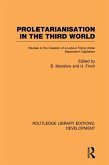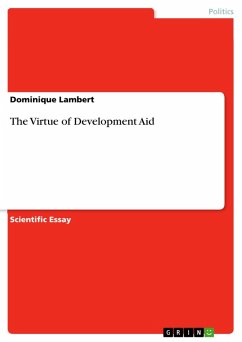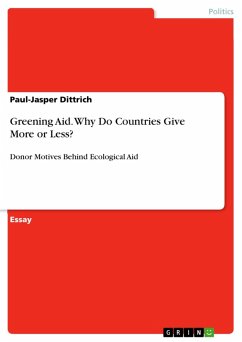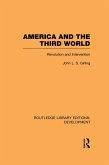Seminar paper from the year 2014 in the subject Politics - Topic: Development Politics, , language: English, abstract: The 21st century has brought drastic changes into the entire international society. Over the last several years there were a lot of changes in the world that directly or implicitly had a great impact on the international economy. Recent financial recession, constant and fast globalization, technological revolution, and frequent development of the less-industrialized countries are only several alterations experienced by the international economic system. It is rather clear today that old schemes and structures soon enough will not meet the requirements of the modern world. The balance of power in the world is changing rather fast and at the same time, despite the knowledge people obtain today, there are still such constructs as poverty and starvation. The financial and economic downturn of 2007-2008 revealed that the international economic system is extremely vulnerable, but when a great amount of effort was implemented in prevention of the similar situation in the wealthy nations, little was done to research the impact of economic downturn on the poor nations. It is possible to argue that the frameworks existing today have to be changed in order to meet the requirements of the current system. At this point, it has to be noted that for the last several years the economic development of such counties as South Korea, China, and India has become one of the most vivid illustrations that it is possible to change the situation by introducing proper policies. While there are several examples demonstrating that fast and effective industrialization is not a myth, it is also impossible not to notice the countries that have shortage of the most necessary commodities as clean water and food. Lack of resources, armed conflicts, absence of proper legislation, and faulty governance are the most wide-spread reasons for the extreme poverty. At the same time, blaming internal factors only is not quite right in this situation. Development of international organizations and especially international blocs, like European Union (EU) countries, or World Trade Organization (WTO) members, that changed the architecture of international trading system, influenced on the ability to compete in the market where the poor counties do not stand a chance. At this point, it is possible to notice that the alterations like technical advancement increased the opportunities in the wealthy counties presenting them more possibilities to grow. [...]
Dieser Download kann aus rechtlichen Gründen nur mit Rechnungsadresse in A, B, BG, CY, CZ, D, DK, EW, E, FIN, F, GR, HR, H, IRL, I, LT, L, LR, M, NL, PL, P, R, S, SLO, SK ausgeliefert werden.

